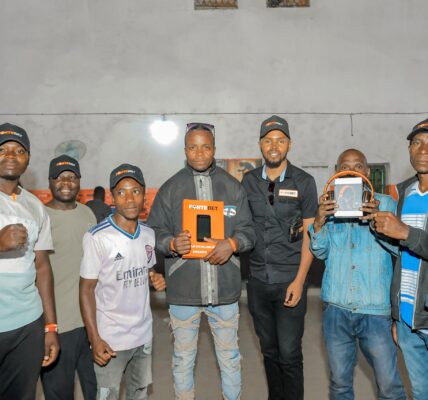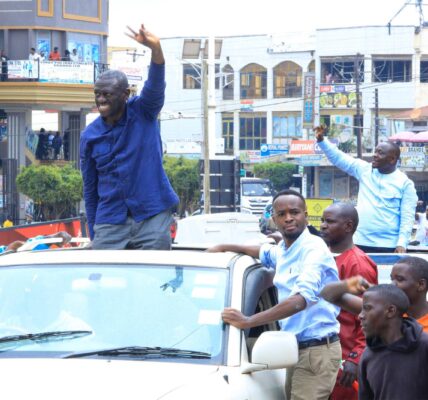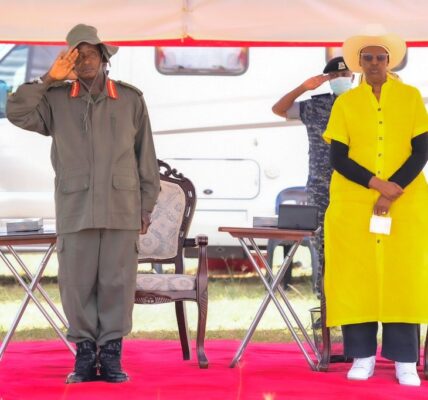The incident surrounding the removal of Gravity’s song from YouTube raises important questions about the role of technology platforms in mediating artistic expression. As online platforms like YouTube become increasingly central to the distribution of music and other forms of creative content, they wield significant influence over the dissemination of ideas and the shaping of public discourse.
In the case of Gravity’s song, the decision to remove the video from YouTube was made in response to a copyright claim filed by Bobi Wine. While copyright law is intended to protect the rights of creators, its application in this case raises concerns about the potential for abuse and censorship. By allowing individuals to file copyright claims against content they disagree with or find objectionable, YouTube opens the door to the suppression of artistic expression and the stifling of dissenting voices.
Moreover, the incident highlights the broader issue of political interference in the digital sphere. As online platforms increasingly come under pressure from governments and political actors to censor content deemed controversial or subversive, they face a delicate balancing act between upholding principles of free expression and complying with legal and regulatory requirements. In the case of Gravity’s song, YouTube’s decision to remove the video may have been driven more by legal liability than a genuine concern for copyright infringement, raising questions about the platform’s commitment to protecting artistic freedom and expression.
In response to the incident, many artists and activists have called on YouTube to reevaluate its policies and procedures for handling copyright claims. They argue that the current system is too easily exploited by individuals seeking to silence dissenting voices or suppress content they find objectionable. By implementing stricter safeguards against abuse and ensuring greater transparency and accountability in the copyright claims process, YouTube can help protect the rights of creators and preserve the integrity of its platform as a space for free expression and creative innovation.
Ultimately, the incident surrounding Gravity’s song serves as a stark reminder of the challenges faced by artists in an increasingly digitized and politicized world. As online platforms like YouTube continue to play a central role in the distribution of music and other forms of creative content, it is imperative that they uphold principles of free expression and resist efforts to censor or suppress dissenting voices. By standing up for the rights of creators and promoting a culture of openness and inclusivity, YouTube can help ensure that artists like Gravity are able to continue using their music as a means of social critique and advocacy, unhindered by political interference or censorship.






